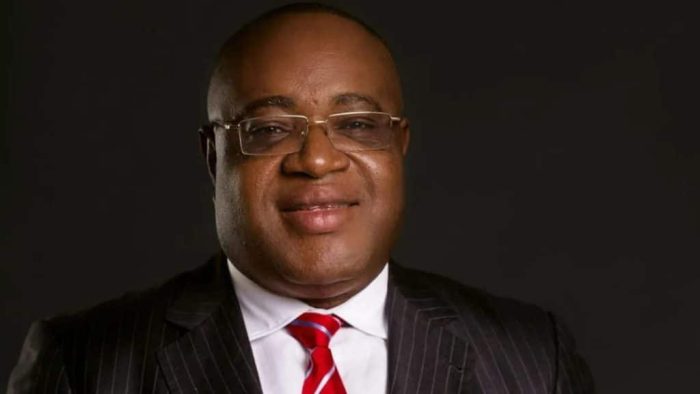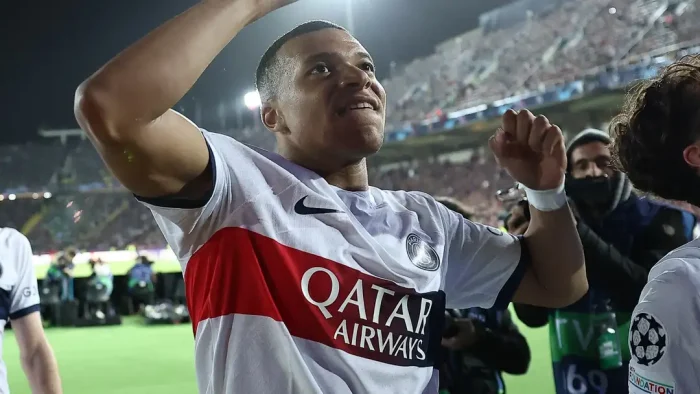Not many people are aware that the Nigerian government has resumed the controversial payment of fuel subsidies, but the CEO of Rainoil Limited, Gabriel Ogbechie, says it is high time Nigerians knew about it.
Ogbechie says the subsidy is now estimated at about ₦600 billion monthly, due to the recent devaluation of the Naira.

This statement was made during the Stanbic IBTC Energy and Infrastructure Breakfast Session in Lagos, stirring significant discussions on the nation’s economic and energy policies.
The Return of Fuel Subsidy
Mr Ogbechie detailed the resurgence of the fuel subsidy following the adjustment in foreign exchange rates.
“When Mr. President came in May last year, one of the things he said is that ‘subsidy is gone’.
“Truly, the subsidy was gone because immediately, the price of fuel moved from 200 to 500 per litre.
“But a few weeks later, the government devalued the exchange rate, and the Dollar moved to about ₦750.
“At that point, the subsidy was beginning to come back,” Ogbechie explained.
He further highlighted that “with the official closure of the dual exchange rate markets and the consolidation to about ₦1,300 per dollar, the subsidy on petrol was unmistakably reinstated.
“The moment the two markets officially closed, officially the market went to about ₦1,300. At that point, that conversation was out of the window.
“Subsidy was fully back on petrol,” he emphasised.
See Subsidy Calculations And Implications
Ogbechie broke down the current subsidy figures.
He said: “If you look at our daily consumption, say 40 million liters, and we’re spending ₦500 per liter.
“That is about ₦20 billion every day, ₦600 billion every month, and 7.2 trillion yearly depending on how we look at it.
“So, subsidy is definitely back on petrol”.
These numbers do not only highlight the financial magnitude of the subsidy.
It also underscores the economic pressures faced by the Nigerian government in maintaining fuel price stability.
What Government And Public Thinks
The reimplementation of the fuel subsidy has sparked debates across various sectors.
The former governor of Kaduna State, Nasir El Rufai, echoed concerns by stating that the federal government is spending more on petrol subsidy than before.
Meanwhile, Mrs. Olu Verheijen, Special Adviser to the President on Energy, elucidated the government’s stance.
In her words: “The subsidy was removed on May 29.
“However, the government has the prerogative to maintain price stability to address social unrest.
“They reserve the right to intervene”.
She added that “if the government feels that it cannot continue to allow prices to fluctuate due to high inflation and exchange rates, the government reserves the right to intervene intermittently, and that does not negate the fact that subsidy has been removed”.
NNPC’s Position
Contrarily, the Nigerian National Petroleum Corporation (NNPC) has maintained that no subsidy is paid to its account from the government.
Also Read: Removing Fuel Subsidy Further Impoverished Nigerians — Uni Don
Mele Kyari, GCEO of NNPC, stated in August 2023: “I told you there’s no subsidy whatsoever, we are recovering our full cost from the products that we import.
“We sell to the market, we understand why the marketers are unable to import.
“We hope that they do this very quickly, and these are some of the interventions the government is doing. There is no subsidy”.

